Graham Reid | | 5 min read
Drama, by Dayme Arocena
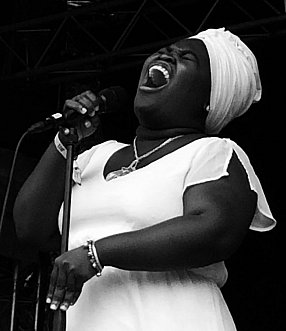
When Dayme Arocena from Cuba took the stage for his first of two shows at Womad she came on like petite powerhouse, her dusty black skin wrapped in pure white, and her band immediately hitting some hard rocking jazz-funk.
Anyone expecting laidback Cuban folk was put on notice. This was going to be loud, seriously grounded Afro-Cuban music with large dollops of soul and jazz improvisation.
Beforehand, Arocena had been generously entertaining interviewers in the media area with humour, anecdotes and, in my case, a discussion about Santeria, the Afro-Caribbean religion which brought together Spanish Catholicism and indigenous Yoruban practices brought from Nigeria by slaves.
Oh, and her musical background.
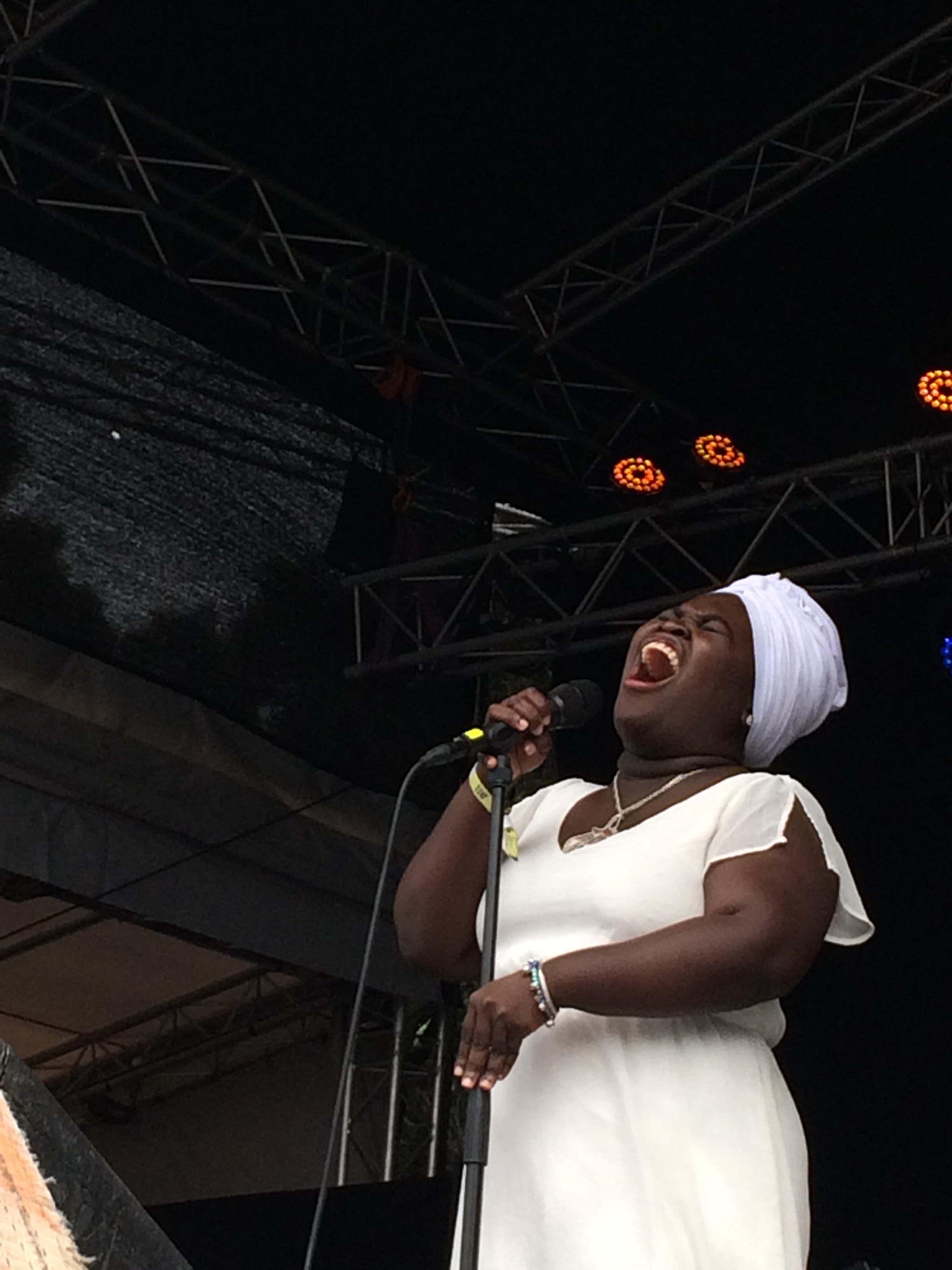 The 26-year old was actually
classically trained in choral work.
The 26-year old was actually
classically trained in choral work.
“Yes, I studied that and when I graduated I did that for a couple of years, then I stopped doing to concentrate on my own singing career.
“But it still influences my music all the time, or it is a way to understand the music. It's not about having strings or using Chopin music in your own music but it it is about how you understand the composition of a song.
“It comes from the beat and the concept of song comes from Schubert. It's more than just about writing a popular song, it is more, 'What is the speech of the song?' It is different and I feel this music in a different way.
“But I really like classical music and it wasn't something that I did because I had to but because I really loved it.”
At the same time of course, there was the local Cuban popular songs and folk around her all the time as she was growing up, some of that the source material for her music today.
“Oh yes, of course,” she laughs. “We don't have popular music classes or academic classes in it. If you want to play popular music you go to the street, and you just do it. And you learn that way and it will be fine.
“If you want to get training and technique then you go to the classical stuff.
“But I never went away from my background even when I was studying [classical]. My family loved music and used to sing and dance all the time . . . and they would make a party.
“They loved the Cuban lifestyle so I was always connected to that.
“I just kept both things in balance, and that is why I chose jazz. Because jazz for me is the bridge between classical and popular music, and of course it gives me freedom to do whatever I want to do.
“Improvisation is freedom and it so complicated to improvise. You can do it yourself though. Like you improvise yourself when you talk, you don't bring your speech already formed, you just follow your thoughts and improvise in what you say.
“So this is the same thing, it is just following the music and improvising and your ears have to be paying attention to all the musical background and to everything that is happening. I cannot improvise if I am not listening to the piano, the bass and the drums, because it is like a conversation.
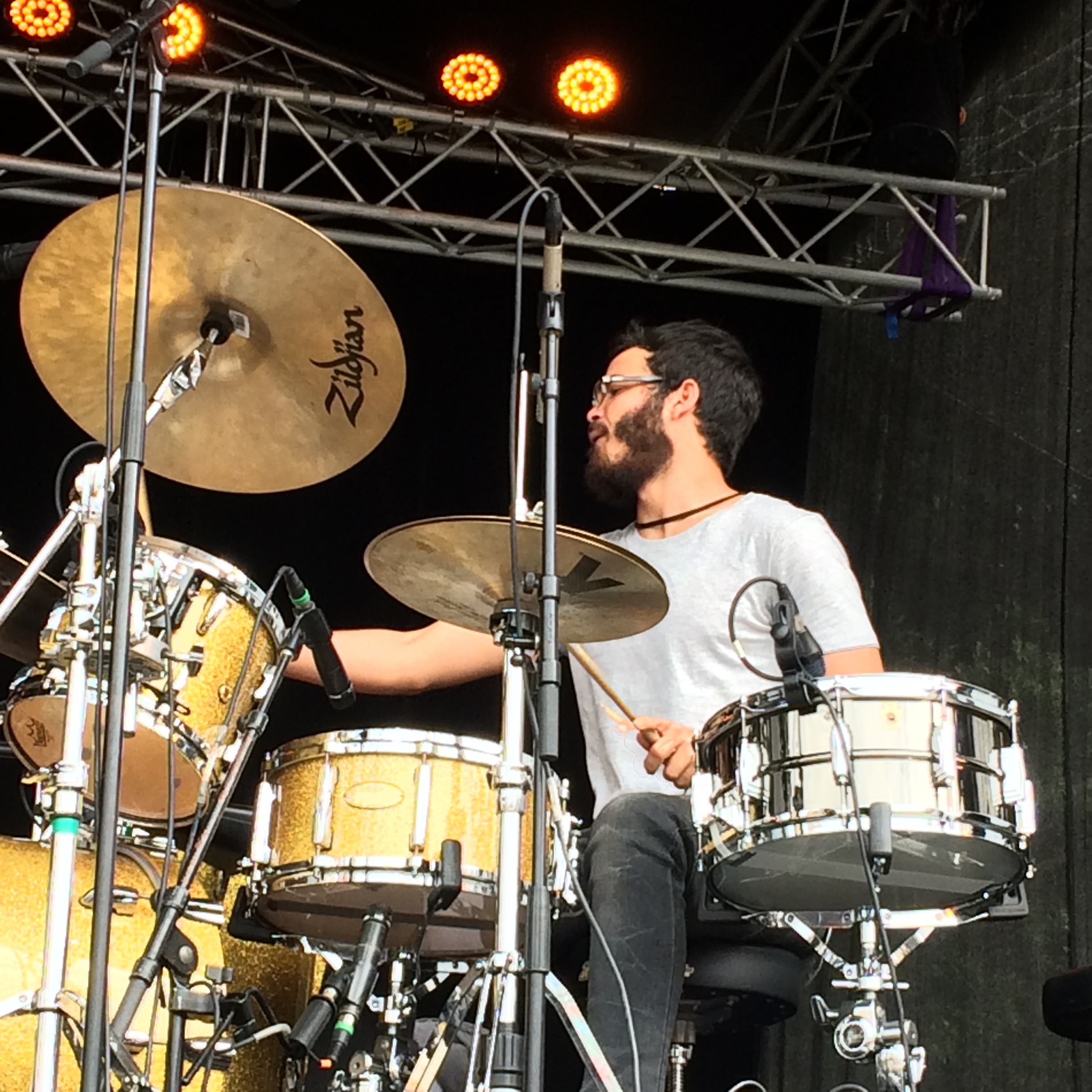 “Sometimes for example the drummer
will do da-da-dum and I will do [sings] da-da-DUMMM.
“Sometimes for example the drummer
will do da-da-dum and I will do [sings] da-da-DUMMM.
“He is telling me something and I am answering him, it is like a discussion.
“But at the same time you need training to sing jazz because the harmonies can be so complicated so it is that bridge from classical training where everything is well organised and written down. You understand the structure of those things.
“For me jazz is right in the middle because it has the structure and complexity of harmonies. When you hear Bach you hear crazy harmonies. When you hear Beethoven you hear some too.
“But when you hear popular music you hear crazy rhythms,” and she laughs again.
After a digression into what Cuban food she might cook when being interviewed in the Womad kitchen area for Taste of the World (“The problem at Womadelaide where I did it was they want you to talk all the time so even though the food was beautiful I didn't follow the recipe and I forgot something!”) the conversation turns to Santeria, the religion unique to the Caribbean as a polyglot of Spanish Catholicism and Yoruban faith rom Nigeria brought to the Caribbean by slaves.
“Okay, here is the best way to explain it, do you have children?”
“I do, I have three sons.”
“Okay, take one of them, the older one. What does he get from you?”
“Maybe discipline, he is very focused in what he does.”
“And physically?”
“He's tall
like me, my second wife tells me all my sons and I have a long back
and strong legs.”
“Okay, but your kid is a different person who has some things of you but is someone else. That is Santeria, it is the mixing of Catholicism and Yoruba from Nigeria, but it is something else.”
So where is the common ground that they stand on?
“Let me tell you, when the Spanish people came to Cuba to colonise they didn't understand what the [local] people were saying in their talk, so they said we could not speak in our language. 'You have to learn our language, you cannot practice your religion but you have to learn mine. You have to follow my rules'.
“So at one point the slaves started going to the church and following that allegiance, but it was fake.
They just tried to make the religion they brought with the religion that Spanish people put on top of them.
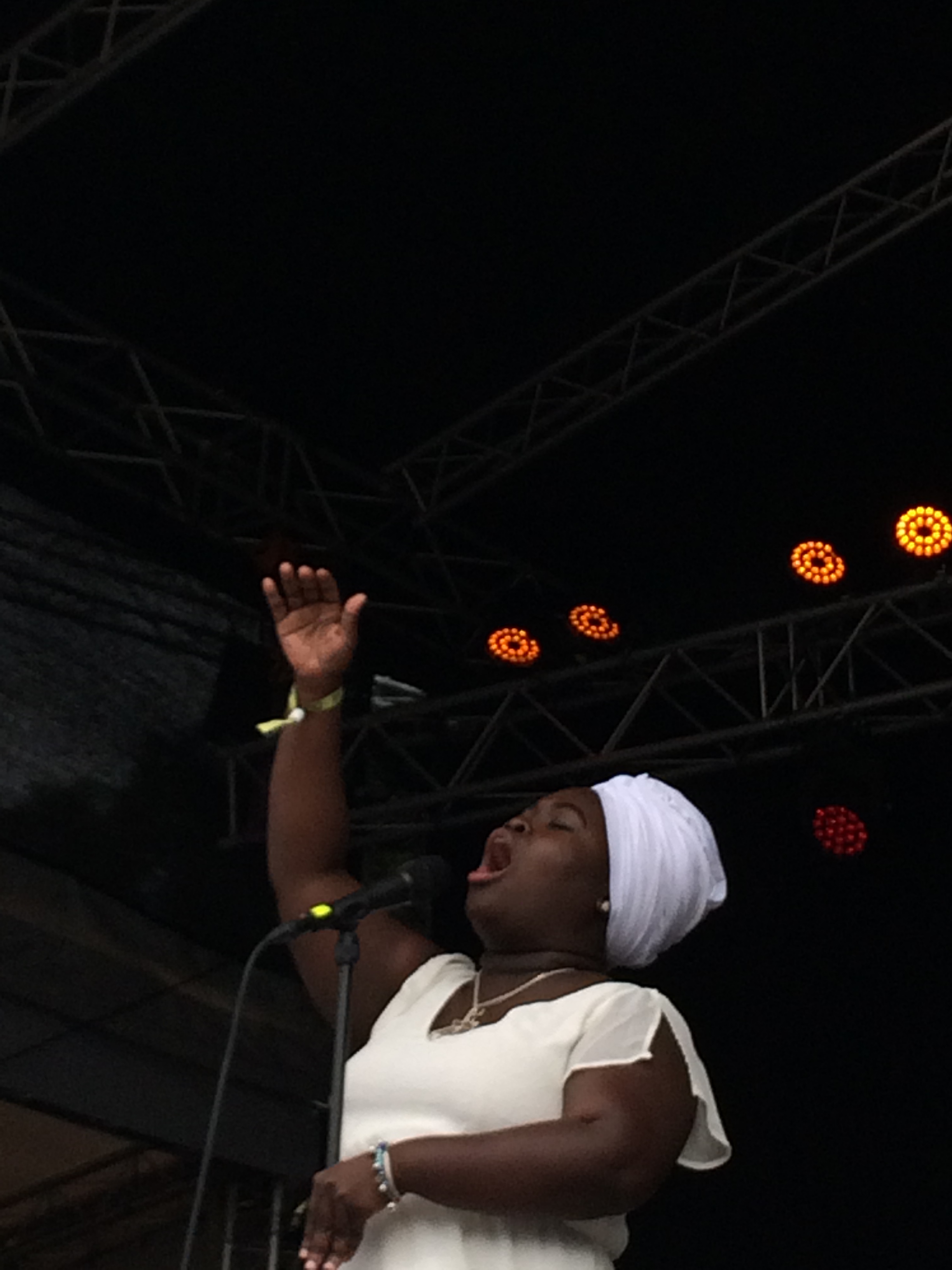 “I am talking 500 years ago but what
we got from that is a very different interpretation of religion from
the slaves in Cuba. For example, they said that the saint of the sea
in Spain is called La Virgen del Mar who has darker skin than the
Spanish, and is a lady in a blue dress.
“I am talking 500 years ago but what
we got from that is a very different interpretation of religion from
the slaves in Cuba. For example, they said that the saint of the sea
in Spain is called La Virgen del Mar who has darker skin than the
Spanish, and is a lady in a blue dress.
“For a Nigerian the saint of the sea in Yemoja and that is a black lady with a blue dress.
“So every time time they thought of La Virgen del Mar they thought Yemoja.
“So we adore both because it is the same saint for us.”
Arocena discusses other commonalities between the two faiths – ceremonies to induct priests, nuns and the faithful, burial rites and such – which have also merged to create something unique.
This mixing of ideas and ideologies also informs Santeria music which uses music and rhythms from Nigeria but can often be sung in Spanish or Yoruban.
But Santeria has emerged as something so distinctive that it is not recognised as specifically either faith and has its own secret rituals, sacrifice ceremonies and induction practices.
“If you go to Nigeria and say, 'I am Yoruba' they would say, 'No you are not'. Because the way we do things is not how they do things, and they are right. We are not Yoruba, we are Santerios and that is a Spanish word, it's not even Yoruban.”
Somehow the conversation comes back to family and she mentions songs about twins. I tell her that after my oldest son I had twin boys. She claps her tiny hands in delight.
“In Santeria you are blessed if you have the first kid and then twins because the twins – the Ibeji – were the only ones in the religion who fought the Devil and they won. You know how? They won by just playing music.
“So you are blessed, my friend.”
All photos copyright Megan Stunzner. Used with permission.
For other interviews with artists at Womad 2018 start here. For a review of the festival go here.

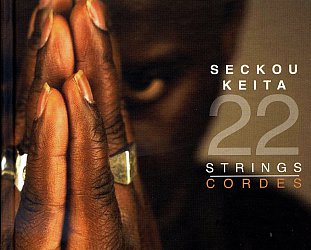
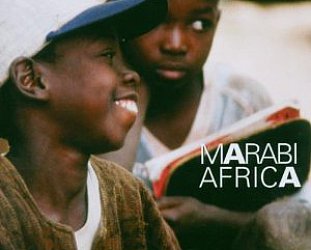
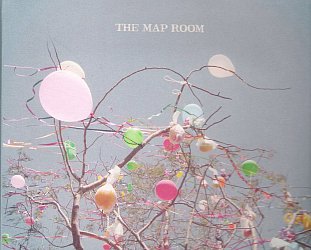
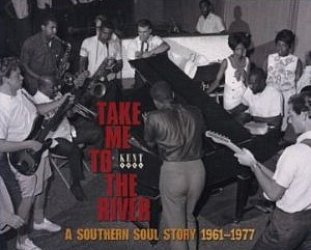
post a comment